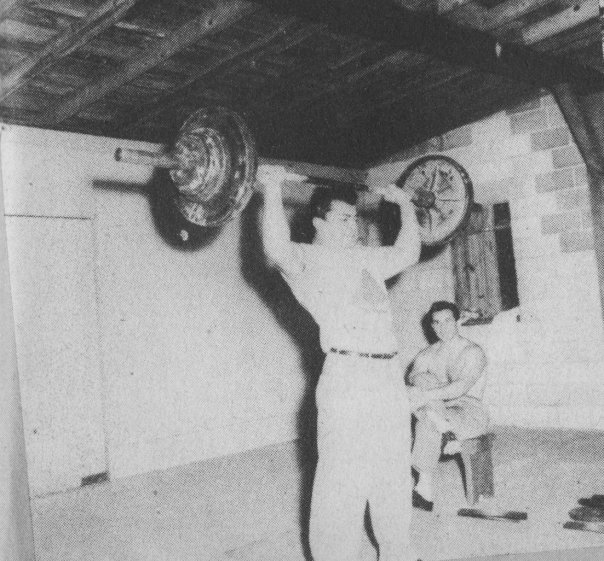
In previous blog posts, I’ve discussed the importance of strength training and the mental and physical advantages conferred upon those who practice getting strong. In this post, I’d like to address why more popular fitness modalities pale by comparison, particularly the long slow distance method (or L.S.D.) of aerobic training.
It’s an unfortunate fact of getting older that we lose lean muscle tissue as well as diminish in our capacity to build it: our strength level’s therefore decrease, speed diminishes, and our movements becomes less sharp. Often, we compound the problem as we begin to shy away from tasks that remind us of how much weaker we have become, thereby removing any stimulus for our bodies to preserve the muscle and what strength we may have left. A vicious cycle has begun.
Futher, organ function worsens because the very pipelines that fuel muscle and central nervous system performance also feed organ tissues, such that as the comprehensive processes that support increased muscle, strength, cardio-respiratory and central nervous system function spiral downward, the organ tissues themselves weaken, and work capacity diminishes; decreased work capacity means that we cannot work as hard to generate stress nor recover from or adapt to it as well as we once might have.
And yet people stubbornly and stupidly accumulate loads of LSD work with hours spent on bikes, treadmills and elliptical trainers. The net effect is one of increased endurance capacity and decreased or stagnant strength capacity and stress response. To understand this, you need to know how various kinds of work effect your body’s cellular machinery. Muscle cells are comprised of primarily two kinds of cells: fast twitch (for sprint and strength performance) and slow twitch (for endurance work of the long slow distance variety).
Slow twitch fibers are most active with sub-maximal efforts performed for a long time or over great distances; slow twitch fibers do not have the capacity to generate much force. Activation of these fibers depends on the presence of oxygen, and the oxygen is used to break down fatty acids and a little glycogen (sugars stored in muscle cells) for fuel. Activities that stimulate this kind of activity will produce somewhat labored breathing because oxygen is in much-needed supply. Therefore, moderately intense, sub maximal efforts like jogging primarily enhance the body’s ability to utilize oxygen and, as one might imagine, do little to enhance strength or quickness, as these qualities depend upon different muscle fiber types and a different energy pathway than the mere oxidative.
On the other hand, maximal or near maximal efforts like, for instance, sprinting or a heavy set of 5 repetitions of the squat activate the fast twitch fibers whose function depends on stored ATP (a high-energy molecule) and glycogen (muscle glucose). Training like this enhances the body’s ability to store ATP and to utilize and store glycogen more efficiently. One becomes bigger, stronger, faster than ever before.
The world’s insane (there, I said it) obsession with cardiovascular training of the LSD variety makes me sad because people believe they need to log all those mindless hours and hours in the gym or on the streets by jogging or biking to stay fit, but neglect probably the most important facet of their health, particularly where the aged are concerned: strength, speed and the sharpness of our movements, all of which are in sharp decline from about our forties on. An argument could be made that we become slower and weaker the more exclusively we train with LSD, as we promote the conversion of still a third type of muscle fiber, the transitional muscle fiber type to behave more like its slow twitch companions. For my time and money, I would much rather insure myself against feebleness with a steady and studied approach to weight training than fritter away my strength potential and, therefore, my future quality of life, with an abundance of long slow distance training.

No comments:
Post a Comment